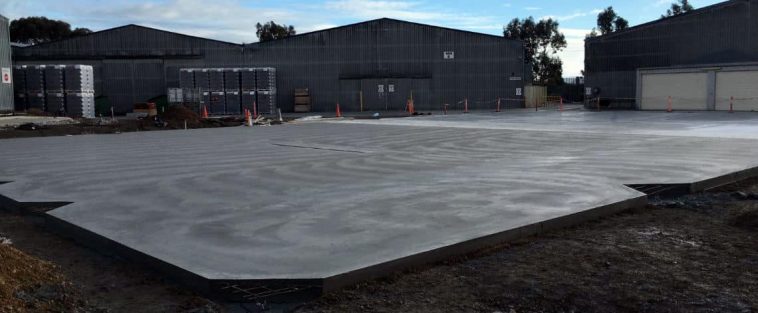In the words of Sandras J. Phiri. There was an army barracks that always had on its duty roster 4 soldiers to guard a concrete slab in front of the barracks. The soldiers changed shifts guarding the slabs for many years.
Different commanders came and went, and the tradition continued. After many years, a new commander was assigned to the barracks. Amongst the things he did was asking why things were done the way they were. When he asked why soldiers were guarding the slab, he was told, “We’ve always done it this way. It’s our tradition. Our former commanders instructed us to do that.”
The commander was adamant on finding out why. He went to the archives to look for answers and he came across a document that had the explanation. The document was very old. It had instructions written by one of the retired commanders who had even passed away. The new commander learnt that over 80 years ago, the barracks wanted to build a platform where events could be performed. When the concrete slab was laid, wild animals walked over it at night before the slab would dry. The soldiers would fix it the next morning but when evening came the same thing would happen. So, the commander ordered that 4 soldiers should guard the concrete slab for 3 weeks to allow it to dry. The following week the commander was transferred to another post and a new commander was brought in. The new commander found the routine and enforced it and every commander that followed him did the same.
Eighty years later the barracks continued guarding a concrete slab.
The new commander, armed with this newfound knowledge, decided that it was time to break free from the shackles of a decades-old tradition that had lost its relevance. He called for a meeting with the soldiers and explained the history behind the concrete slab, highlighting that it was a temporary measure meant to address a specific problem during the construction phase.
He emphasized the importance of adapting to the changing times and the need to reevaluate traditions that no longer served a purpose. The soldiers, initially resistant to change, started to see the logic behind the commander’s words. However, breaking an 80-year-old tradition wouldn’t be easy.
To ease the transition, the commander proposed a collaborative effort to repurpose the area. Instead of guarding the slab, he suggested transforming it into a space that could be utilized by the soldiers for various activities. The idea resonated with the troops, and they began brainstorming ways to turn the concrete slab into a recreational area, perhaps a gathering spot for camaraderie and team-building activities.
The soldiers took charge of the transformation, utilizing their skills to create benches, a small stage, and even a makeshift basketball hoop. As the barracks underwent this unexpected metamorphosis, a sense of unity and purpose filled the air. The soldiers realized that they were not just breaking free from an outdated tradition; they were building something new and meaningful in its place.
The news of the transformation spread throughout the military community, garnering attention from higher-ups who admired the commander’s innovative approach. The once mundane concrete slab became a symbol of adaptability and progress, a testament to the power of questioning long-standing practices.
WHAT DO WE LEARN
Breaking away from the monotony of a conventional job might be the key to unlocking new opportunities and revitalizing your professional life. Consider exploring alternative career paths, entrepreneurial ventures, or skill development outside the conventional 9-to-5 structure. The world is evolving rapidly, and success often lies in adaptability and innovation. Challenge the notion that a substantial monthly income is solely attainable through a traditional job. The gig economy, remote work, and freelance opportunities offer alternative paths to financial success. Embrace the possibilities of the digital age, where innovative ideas can flourish, and unconventional career paths can lead to fulfilling and lucrative outcomes. At Joadah Design Institute we have a Student Pesh Melika, she studied Economics at University, but now she is a great Architecture Design Student. Multi-skilling is the way to go.
Innovation and Creativity: The story highlights the role of innovation and creativity in problem-solving. Rather than simply discarding the old tradition, the soldiers used their skills and imagination to repurpose the space, turning it into something new and valuable. Many of our cities need to bring on board Innovation and Creativity to be able to thrive. Innovate or Die.
This post was created with our nice and easy submission form. Create your post!





